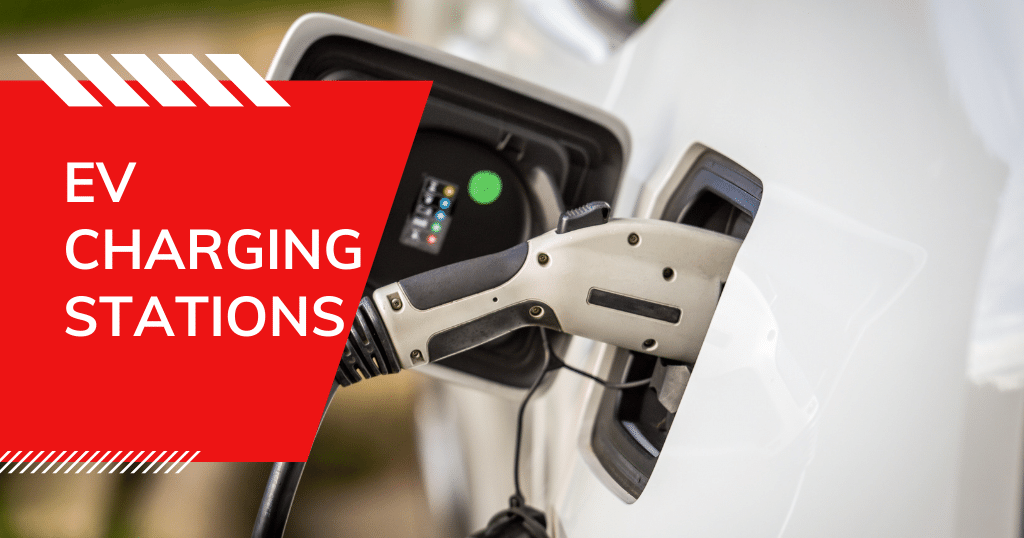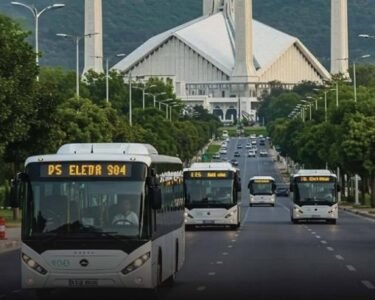In a landmark step toward promoting electric mobility, the Government of Pakistan has announced a Rs. 53 per unit subsidy for electric vehicle (EV) charging stations, effectively reducing their electricity cost from Rs. 92 to Rs. 39 per unit. The move aims to make EV charging more affordable and accelerate the adoption of electric vehicles across the country.
Charging station operators will now have the authority to set and charge prices for users based on this new subsidized rate. The initiative falls under the Electric Vehicle Policy 2026–30, which has been approved by the International Monetary Fund (IMF) as part of Pakistan’s sustainable development and fiscal reform agenda.
Key Policy Goals and Economic Impact
According to Secretary of Industries and Production Saif Anjum, the policy targets $1 billion in oil import savings by 2030 by shifting the transport sector toward clean energy. The policy’s implementation will be supported by a $1.8 million grant from the International Finance Corporation (IFC).
Additionally, reduced fuel consumption is expected to yield $450 million in health-related savings by lowering pollution levels and preventing respiratory illnesses. As of 2024, over 76,000 electric vehicles have been registered in Pakistan, reflecting growing consumer interest in the sector.
EV Adoption Targets and Incentives
Under the new framework, the government aims for 30% of total vehicle sales to come from electric models by 2030. To support this transition, 3,000 EV charging stations will be established nationwide. Moreover, buyers of electric motorcycles priced at Rs. 250,000 will receive a subsidy of Rs. 80,000, further encouraging mass adoption.
The policy also places EV charging stations under NEPRA’s regulatory authority, ensuring transparent pricing and reliable power distribution.
Fiscal Measures and Regulatory Balance
During a recent session of the National Assembly’s Standing Committee on Finance, Chairman Naveed Qamar highlighted that while hybrid vehicles are subject to taxation, two- and three-wheeler EVs remain tax-exempt to encourage affordability and accessibility.
However, as part of its fiscal reform recommendations, the IMF has proposed higher taxes and duties on electric vehicles, a move the government is reviewing carefully to maintain balance between revenue generation and environmental goals.
Driving a Greener Future
The Electric Vehicle Policy 2026–30 marks a transformative step toward reducing Pakistan’s carbon footprint, lowering dependency on imported oil, and fostering a green transportation ecosystem. With substantial financial incentives and regulatory support, Pakistan aims to position itself as a regional leader in clean mobility by the end of the decade.






